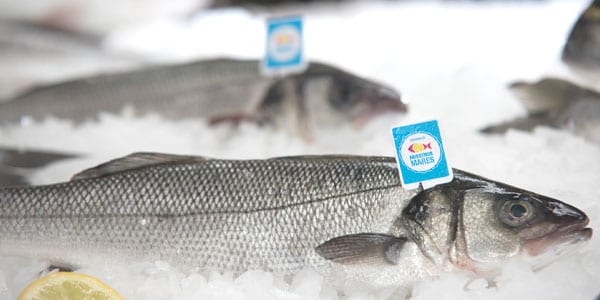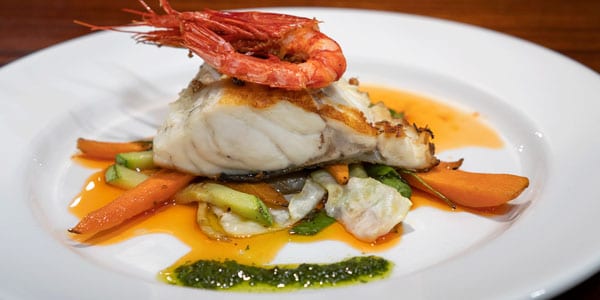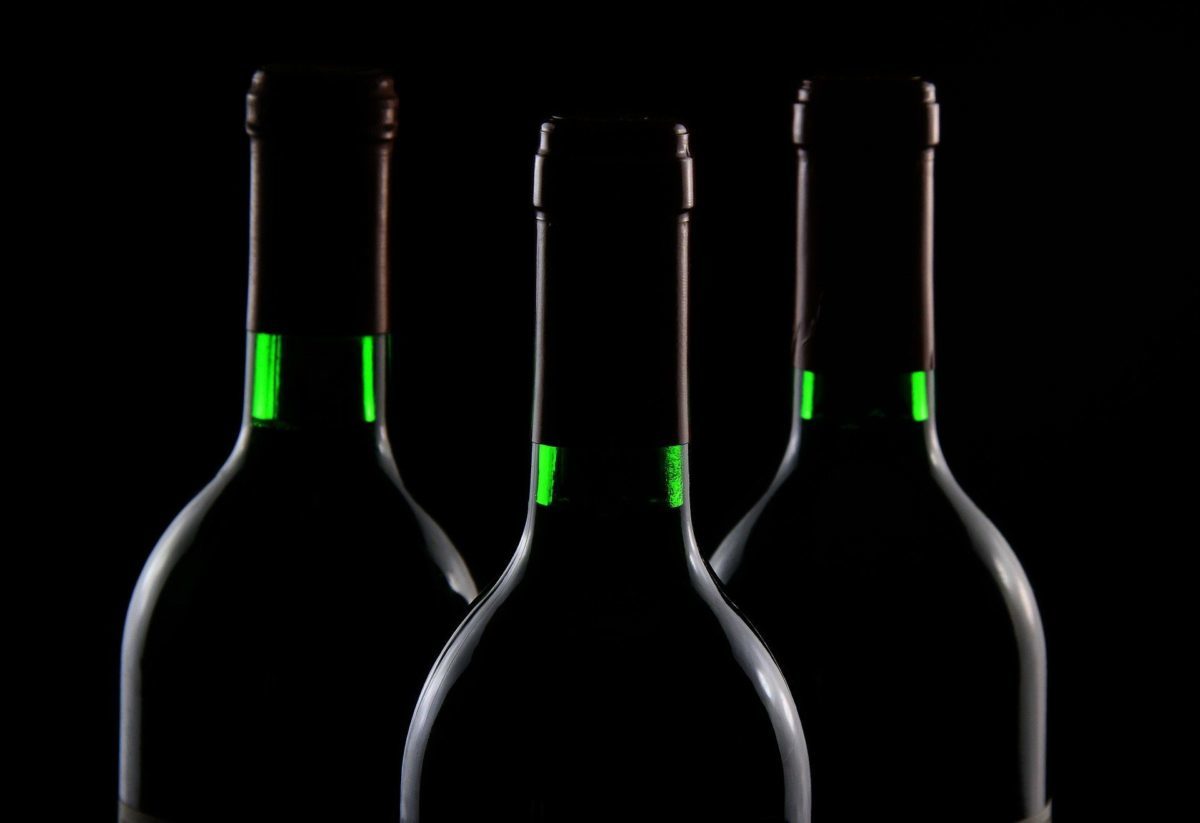A study of the University of Las Palmas demonstrates that sea bass from aquaculture improves the nutritional characteristics for consumption. Specifically, genetically selected sea bass. These have been bred using alternative, more sustainable diets. All this improves its quality and nutritional characteristics for human consumption.
In other words, both genetic selection and feeding with sustainable products result in a specimen with less perivisceral fat. They are also higher in nutrients like omega-3s. In addition, during breeding there is a more efficient retention of proteins. Improving the digestibility coefficient for protein and amino acids in the diet thus increases the availability of nutrients for sea bass.
Genetics and a more sustainable diet in aquaculture
The main objective of this research was to determine the efficiency of genetic selection for sea bass growth. Fish that 90% is marketed through specimens from aquaculture. Currently production is close to 300.000 tons per year.
The work also made it possible to present an alternative diet that can partially replace fish meal with poultry meal. Also completely replace fish oil with a mixture of poultry oil with a new oil from microalgae. All this constitutes a step forward in favor of sustainability for the aquaculture industry. Thus, together with the genetic selection of fish, it helps to use new nutritional strategies when producing feed in fish farming. This makes it possible to include much more sustainable ingredients in the diet.

Promotion of the circular economy in aquaculture
The sustainable development of aquaculture industry It is based on the use of conventional and emerging alternative raw materials. All those that can contribute to a circular economy. That in this way allow reducing dependence on fishmeal and fish oils from oceanic fish populations.
All this shows that research in the field of aquaculture leads us to a more sustainable production. Also a nutritional improvement as food of our gastronomy.
Writes:
Santi Llinares
Director







